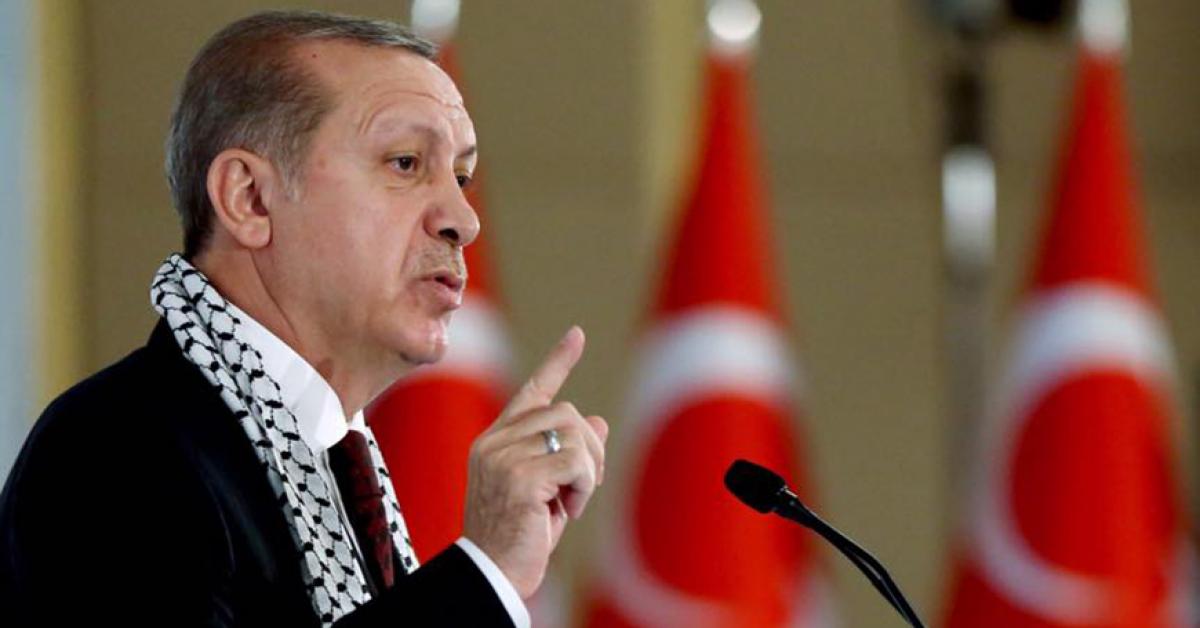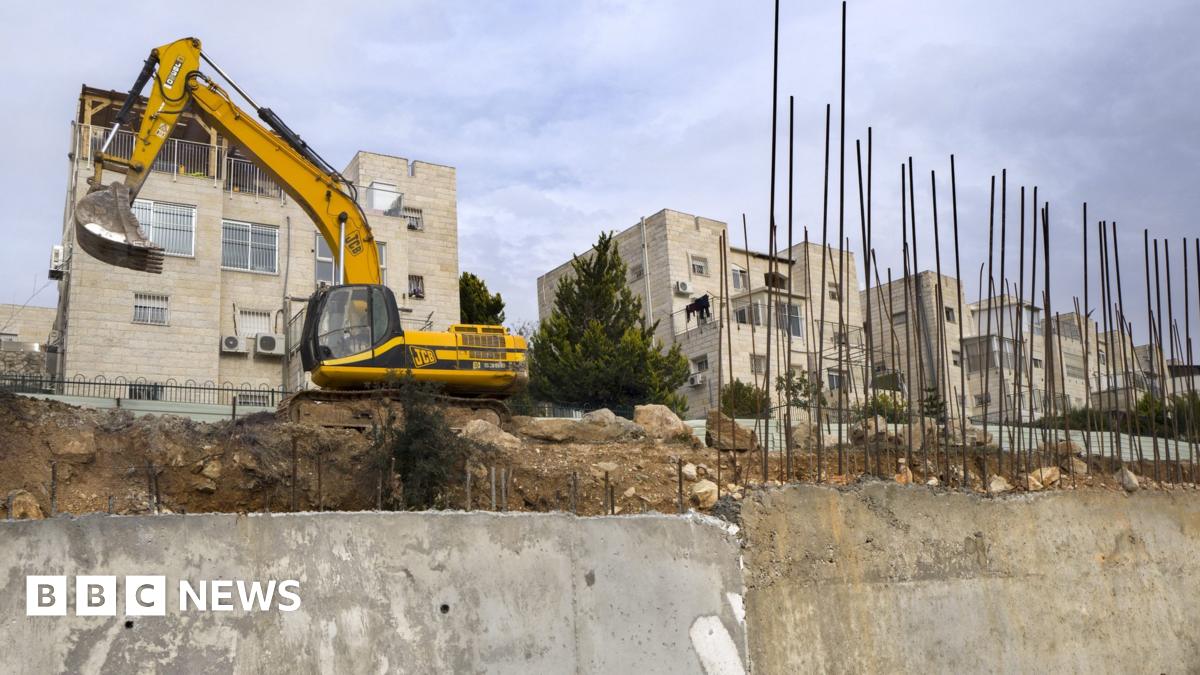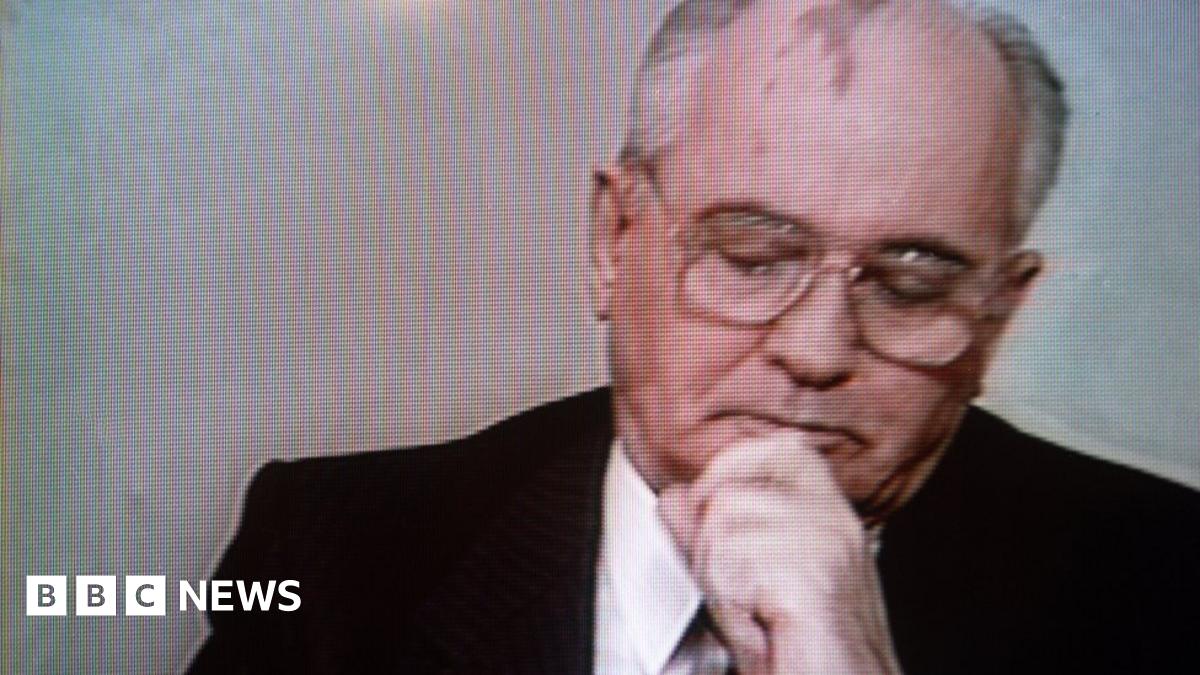Re: Regional geopolitics
Even siding now with the Russians, the Eastern Sultan is still wetting in bed.
"Erdogan claims Turkey in 'greatest struggle' since independence
“At this critical time when there are attempts to restructure the world and our region, if we stop, we will find ourselves facing Sevres conditions,”
Even siding now with the Russians, the Eastern Sultan is still wetting in bed.
"Erdogan claims Turkey in 'greatest struggle' since independence
“At this critical time when there are attempts to restructure the world and our region, if we stop, we will find ourselves facing Sevres conditions,”





 resolution, against the Jewish people and the state of the Jews.
resolution, against the Jewish people and the state of the Jews.





Comment